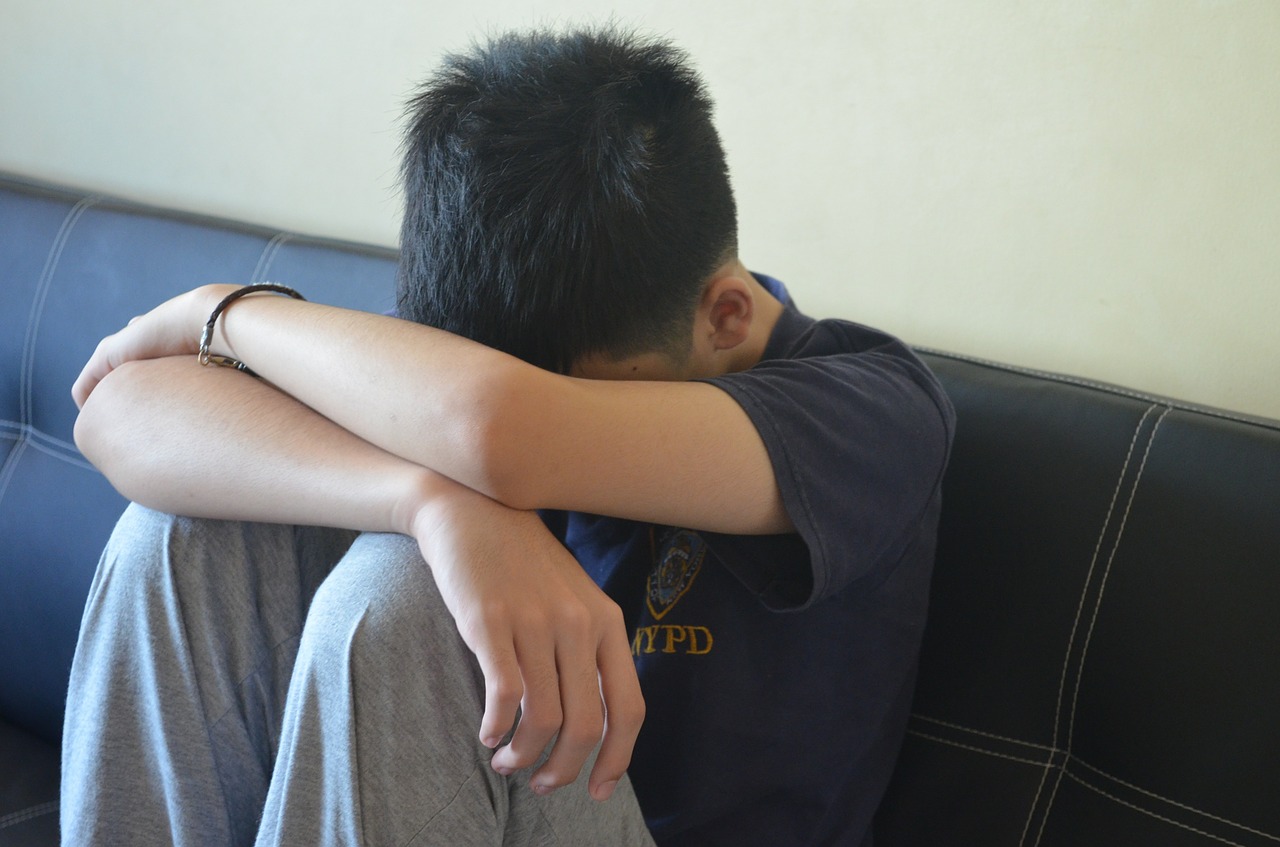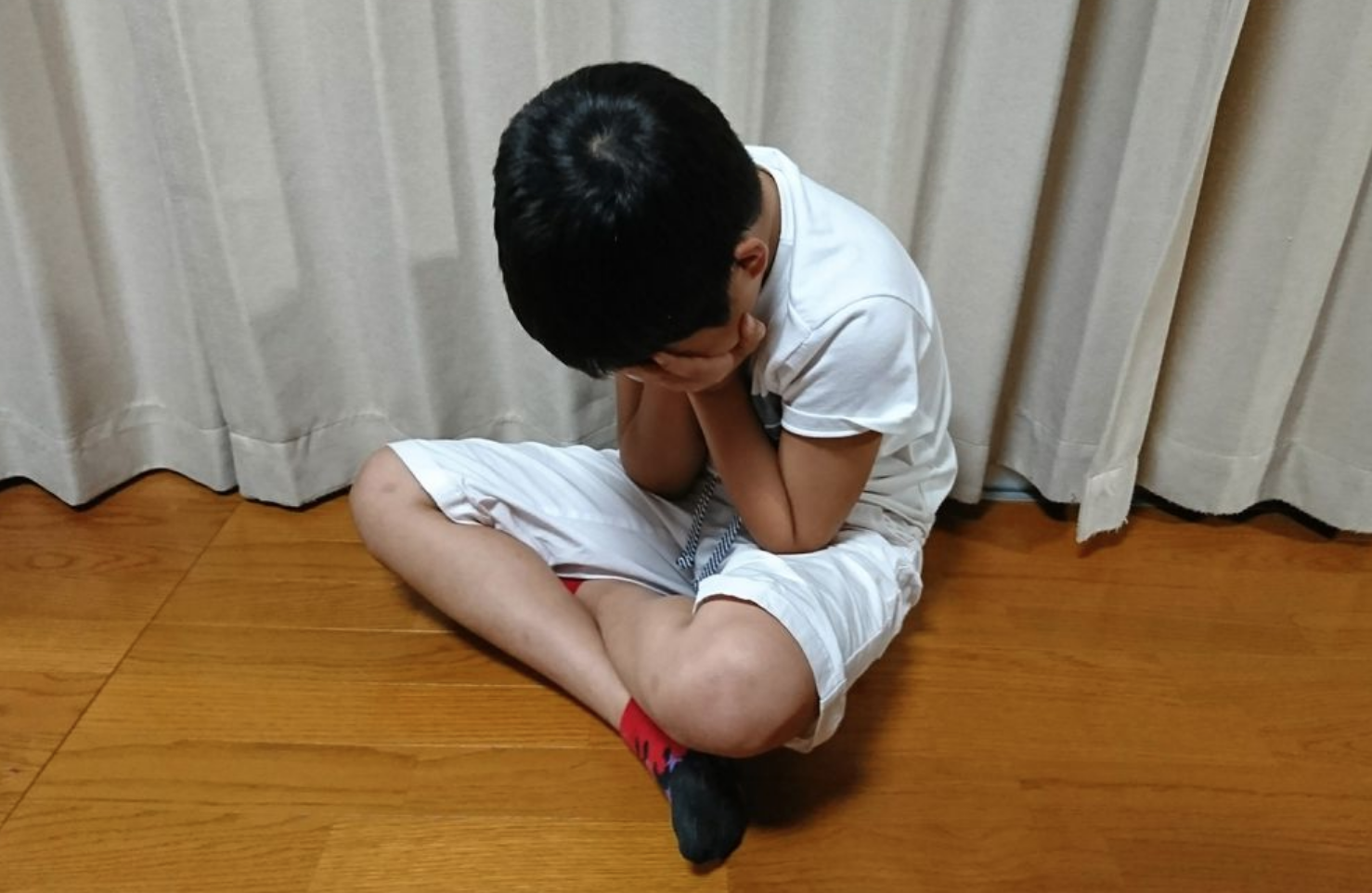
For every parent and adult taking care of a child, it is their greatest fear for their children to run away or go missing. There are a lot of reasons why our children can run away from home or go missing, but it is undeniable that it can cause their loved ones to fear and worry about their safety.
Recently, there are a few news reporting on school-going children gone missing. When it happens, parents and adults will ask “what do we do if they are missing?” Does one immediately call the police? How should we act when they come back?
To help you out and reduce the stress you are feeling, here are the things you need to do if your child runs away from home:
Keep calm
Don’t let yourself panic when you first hear about your child running away from home or go missing. You need to keep calm so you will be able to think with a clear mind and not let your emotions override, resulting in bad decision making.
It will also help you think about the best action to take to find your missing child.
Pick up the phone
If you gave your child a phone or you know their friends and their family, give them a call.
You can also check their location using their phones. Phones do come with GPS tracking features, which you can link to your phone or computer.
If they don’t answer or the people you called don’t know where they are, you can look into the places they like to visit.
Call the police
If you can’t find them at all, ask the police immediately to help you out. There is no minimum time requirement for a person to lost contact with his family members before you make a police report. It is a mistake to wait for 24 hours before contacting the police as this disables the police to pick the trail your child left if there is any.
When your child goes missing and you have checked everywhere, contact the police immediately!

Be observant
When you talk to the authorities about your child, be observant as to how they will assist in your search. Bring along a recent photo of your child. You should also take time to remember the things your child did and the clothes he was wearing when you saw him last. Details like what they said they were doing, what their schedule where helps a lot in a search.
Besides leaving to the authorities, you can search your child’s bedroom and personal belongings for any clues as to where he may have gone to.
Spread the word
You can’t be in two places at once when your child has gone missing. You need to cover a lot of ground and reach out to many people to find your child.
Reach out to your friends and people you trust to help you out. You can also use social media to get information about your child’s disappearance out. Do contact your child’s school, community centres and places where children tend to go to often so they can help to keep a lookout.
Don’t blame your child
There are a lot of reasons why your child could run away or end up missing.
It could be because they want to escape the pressures they are feeling from home or school. It could be because they are scared of your reaction to something they did.
Don’t blame or threaten them for what has happened. Send them texts or voice messages assuring them that you are not mad at them and they don’t have to worry about going home. Let them know how much you love them, how much you miss them and that you will be very happy when you see them again.
Open communication between you and your child is crucial and let them know that you are willing to listen to whatever is bothering them.
Don’t blame yourself
As a parent, you may think that your child running away or going missing is a sign you are a bad parent. You may be thinking that you were not focusing on them enough or there’s something wrong with your parenting style.
Remember, there can be a lot of factors which may have pushed your child to run away or go missing. Of course, you shouldn’t immediately think that because they ran away, they are already bad.
Instead of overthinking, focus on finding your child. When your child is found, your attention should be on repairing your relationship instead of blaming yourself.

Conclusion
Before you let your child go out, make sure that they are aware of their surroundings and know their basic details like your phone numbers and home addresses. Teach them how to ask for help if they feel like something is wrong or if they feel unsafe. Teach them how to determine whom to trust and whom to approach in case they get lost or missing.
You can also tell them where to meet you when they are lost in a public place while you are with them. If you can, try enrolling them in self-defence classes so they can try to escape from people who try to abduct them. It is better to be safe, not sorry.
Knowing that your child is missing or ran away can cause you a lot of stress and it can affect your entire family. With this in mind, it is important that you reach out to your family and close friends to get through the ordeal.
For more parenting tips on how to understand your child’s emotions, here are some helpful articles:
Key Ways to Help Your Kids Handle Their Emotions
10 Steps On How To Mentor Troubled Teens
